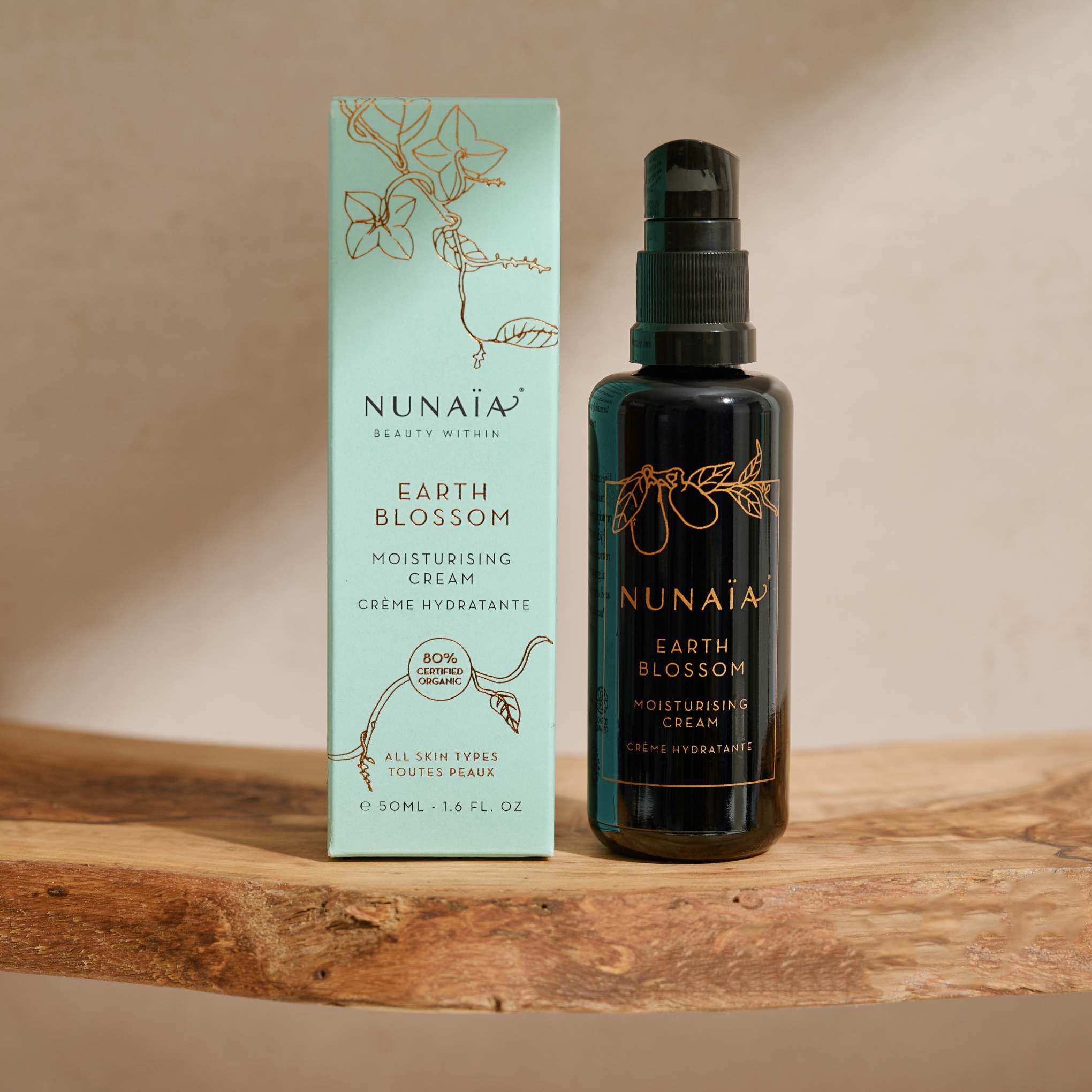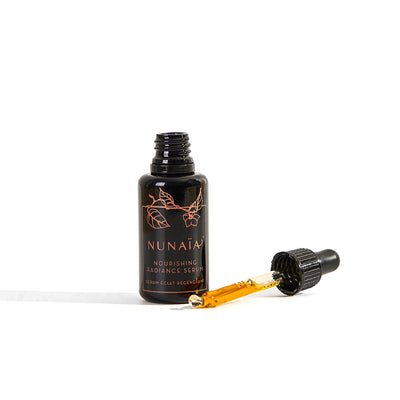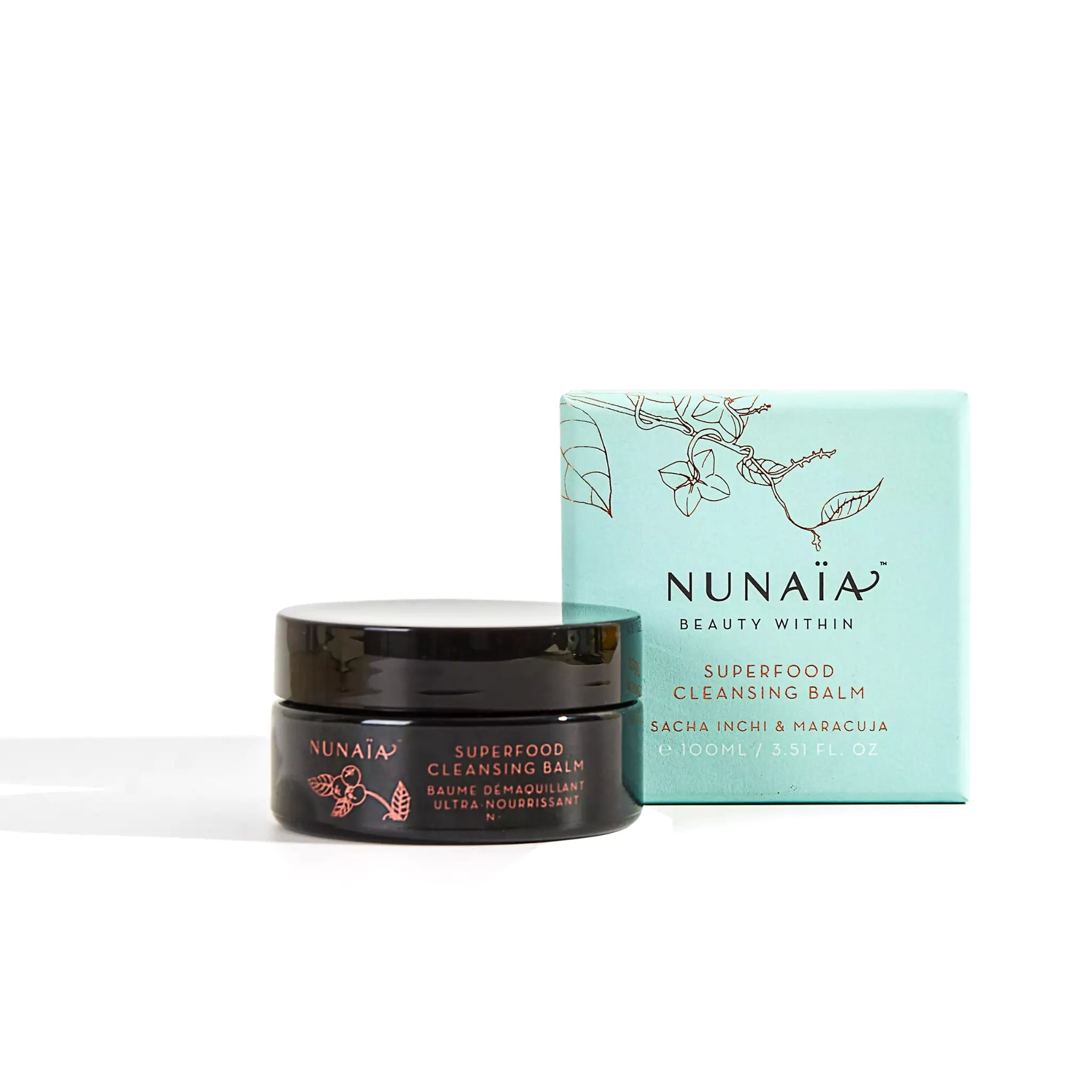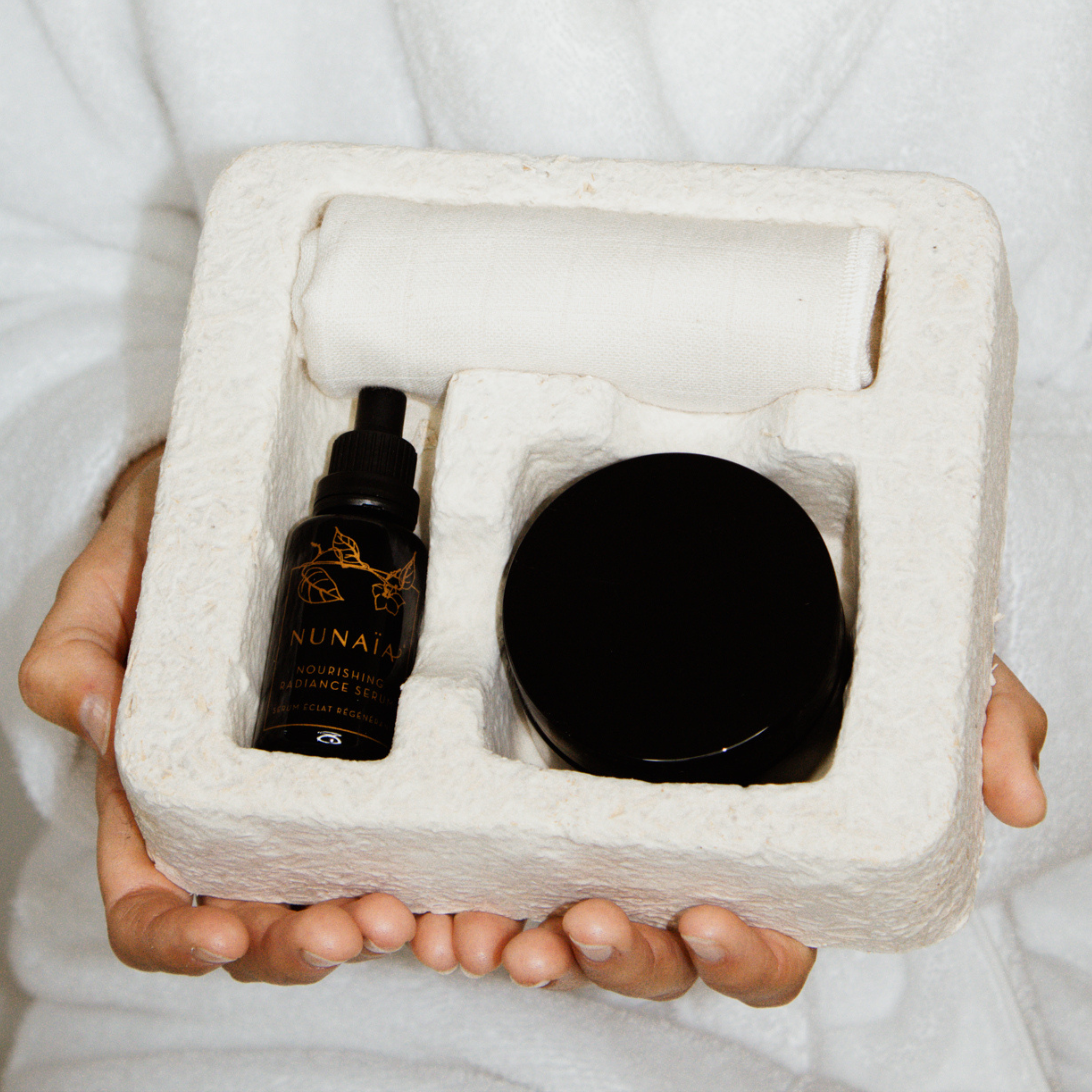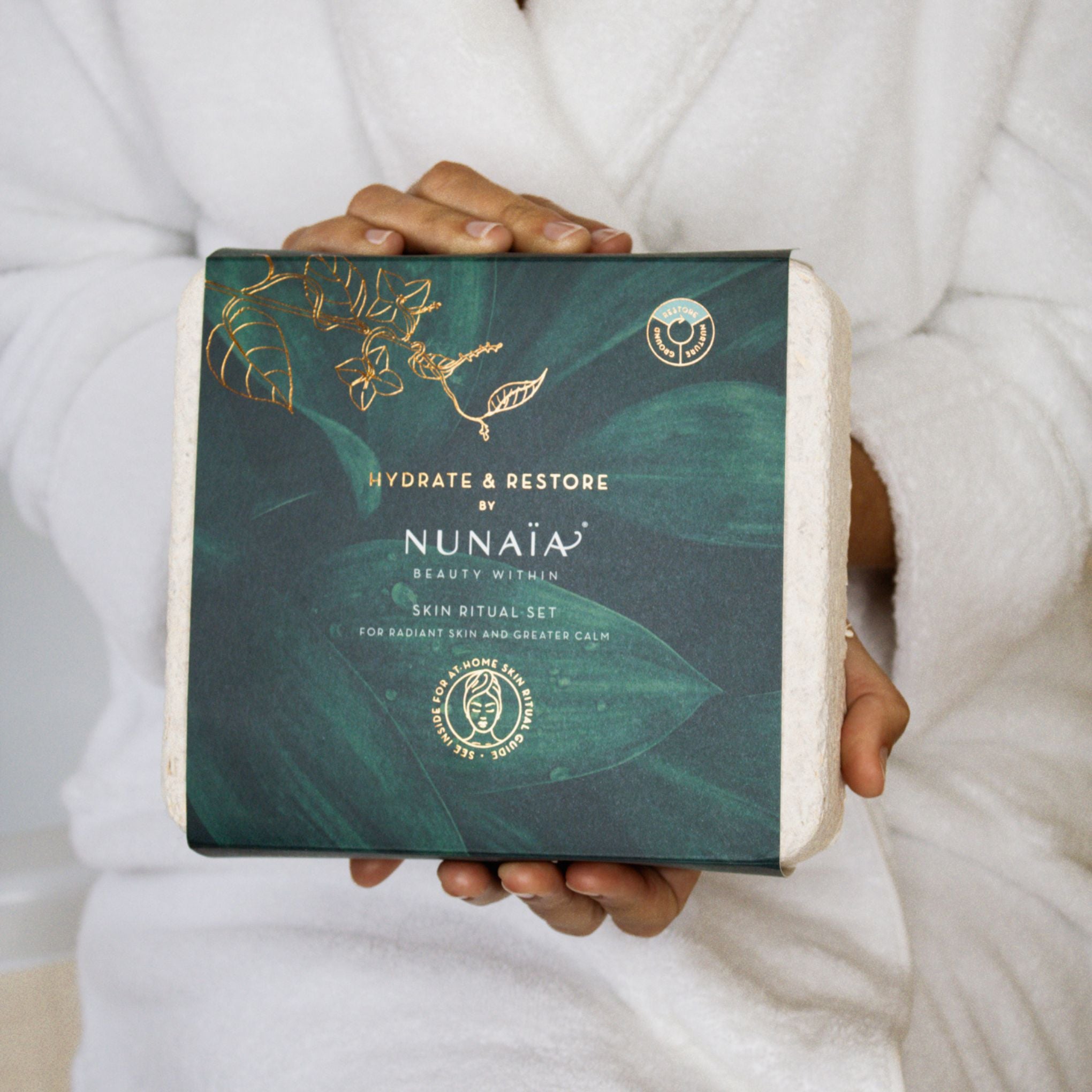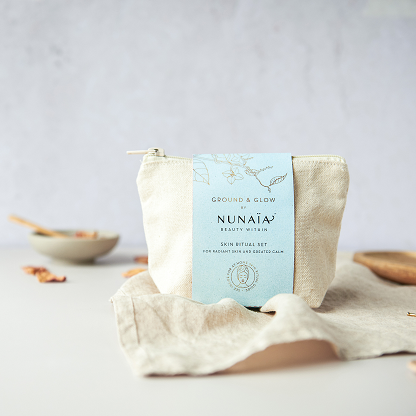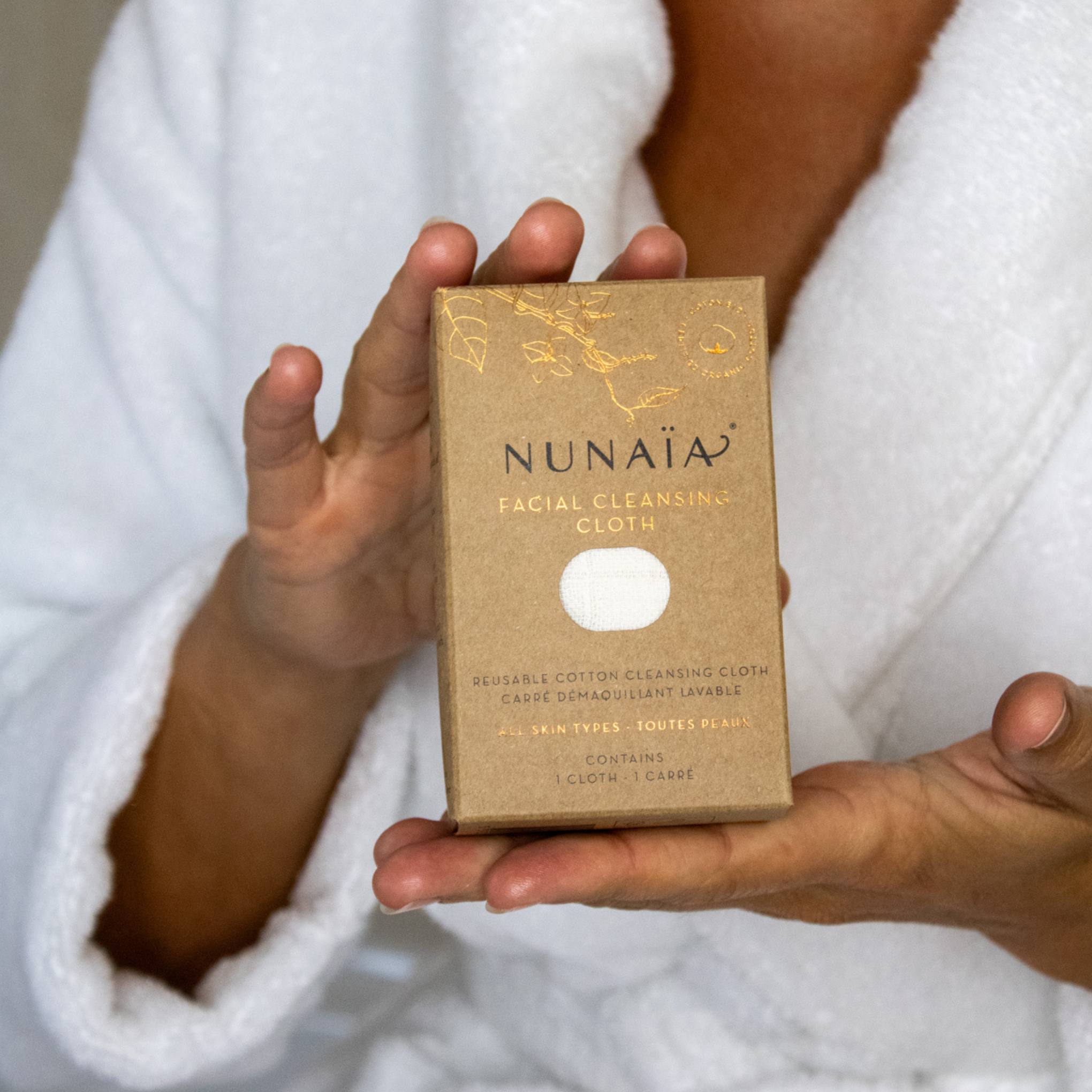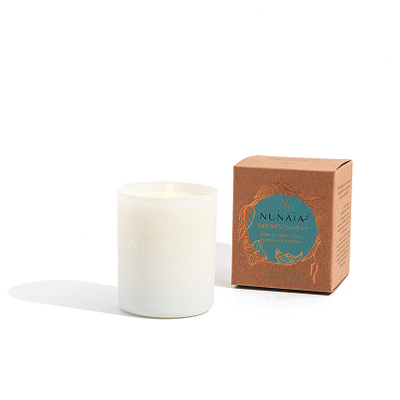If you’re serious about your skincare you may need to look further than UVA and UVB rays. Research confirms that the blue light from the sun and our devices is also bad for our skin. Here's our tips on how to prevent blue light damage...
What is blue light?
Blue light is a high-energy, short wavelength light most of which comes from the sun. We all need blue light as it plays a critical role in regulating our body’s circadian rhythm, our natural sleep-wake cycle and It also helps elevate mood and cognitive function.
However, our screens also emit this blue light and the problem is the ‘close-up’ exposure with screens just inches from our faces for hours at a time. The new normal means that many of us are now working from home, spending more time indoors and even longer hours at the computer and on Zoom calls. When it’s time for a break you probably switch over to your phone and scroll your Instagram and Facebook feed for even more screen time.
What are the effects of blue light on the body and skin?
One of the major effects of blue light is how it affects our ability to have a good night’s sleep. If you’re wondering why you keep tossing and turning through the night, it may have something to do with this. Blue light can be useful throughout the day as a means to wake up the body’s attention and reaction time as it causes you to be more alert, but this isn’t very useful when you’re trying to go to bed. Poor sleep and blue light exposure has been linked to health conditions like diabetes, obesity, heart problems and depression.
Blue light also aggravates the skin by penetrating deeper into its layers, even more than UVA and UVB rays. This exposure happens where the skin’s collagen is stored and leads to ageing, pigmentation, dark, tired eyes and inflamed, weak skin. The same way that blue light tricks your body into thinking that it’s daytime by disrupting your sleep, is how it impacts your skin cells, hindering its normal pattern to repair at night.
How can I protect my skin from from blue light exposure?
1). Avoid using bright lights before bed
Using bright lights will increase your blue light exposure and cause your body to be more alert, as opposed to a relaxed state. Bright light exposure will keep you awake at night and affect your sleep. Think soft, dimmed lighting in the evenings…
2). Avoid screen time two to three hours before going to sleep.
Ordering items online or binge watching your favourite TV show close to bedtime is a big no-no if you wish for a peaceful night’s sleep. This will again affect your body’s response and keep you awake. Why not try listening to some relaxing music or a podcast on a low volume, or reading a book before bed?
3). Use blue light shields
If you’re desperate to use your screens, try using blue light shields and filters. Your smart phone will usually come with a night mode or light filter setting which is really handy to use in the evenings. Additionally, you can buy physical screen shields online.
4). Use broad spectrum SPF
This is probably the one thing you can do that will have the biggest impact on your skin health. Along with protecting you from UVA and UVB rays, broad spectrum sunscreens can also add to your skin’s defense against blue light exposure. Find a suitable SPF that you can layer up during the daytime, even if you are at home.
5). Use Antioxidants
We cannot stress enough how important antioxidants are to your skin. They help your body fight free radical damage which is what happens when your skin gets too much blue light exposure.
As well as getting a balanced amount in your diet, you should also be opting for skincare products that are rich in antioxidants, as they play a key role in your skin’s defence and neutralize environmental stressors. Nutrient-rich serums are a great way to incorporate antioxidants into your skincare routine. You can apply them at night when your skin does most of its repairing.

Nunaïa’s Nourishing Radiance Serum consists of organic ingredients that carry potent levels of antioxidants including sachi inchi, maracuja and chia seed oils which are rich in essential fatty acids, vitamin A, C and E. Our serum helps to replenish lipids, reinforce the skin’s barrier function and resist environmental stressors including pollution, UV and blue light for moisturised, healthy skin.
Shop our antioxidant-rich superfood serum here
By Danielle Corbert & Nicola Connolly
